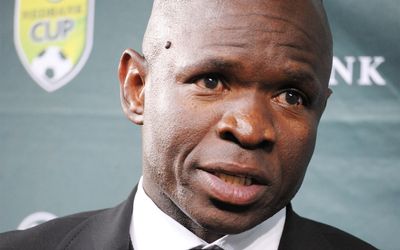ON MAY 10 1994, an apprehensive Clive Barker was quietly rehearsing a motivational speech he wanted to give to his players during the half-time break of an international soccer friendly match at Ellis Park stadium.
Barker knew that dignitaries from more than 140 countries had congregated at the Union Buildings in Pretoria to witness Nelson Rolihlahla Mandela become South Africa’s first black president earlier in the day, but the Bafana Bafana coach was more fixated on beating Zambia.
And while the friendly match against Zambia had been organised as part of Mandela’s inauguration day celebrations, Barker did not think for one minute that the statesman would leave the scene of his greatest triumph and travel to Johannesburg to watch a mere soccer match.
But Mandela did just that. Barker’s well-rehearsed lines were not needed after all as Mandela gave the Bafana players the ultimate motivational speech.
"I had been involved in football since the 1970s and not once had I ever had a head of state come to a game I was in charge of," Barker says. "What do you do when the greatest man in South Africa suddenly turns up at half-time to speak to your players? You just let him talk to them because you know that they are going to respond."
And respond they did. Brendan Augustine scored the opening goal just seconds after the half-time break and Doctor Khumalo increased the lead a minute later to put Bafana in control of the match.
Madiba magic fever swept across the stadium. A national team that had become the whipping boys of African football since their readmission back into Fifa in 1992 shocked with a 2-1 victory over regional powerhouse Zambia.
It was the stuff of dreams and Barker, in only his second match in charge of the national team, maintains he woke up several times that night to check if it had not all been a dream.
"We could not believe that he had decided to include us in his inaugural celebrations and we can never thank him enough," he says.
Mandela’s familiar smile became a constant feature of the national team’s changing room from then. Barker and then captain Steve Komphela even came to rely on the president’s motivational team talks ahead of crucial international games.
"On many occasions, his secretary would phone and say, ‘Can Nelson Mandela come over and visit?’ Can you imagine being in a such a position as a coach?"
Komphela recalls one such visit.
"Madiba arrived just as I was about to give a talk to the players. We were not expecting him and just as I was about to speak, he quietly walked into the back of the room. I was in shock and the words simply would not come out. He was standing right there in front of me and all I heard was this croaking sound coming out of my mouth."
Luckily for Komphela, Mandela encouraged him to talk to his players before joining him in the front of the room.
Mandela’s visits and his phone calls would become a crucial ingredient of the success of the Bafana squad that won the African Nations Cup in 1996.
The greying old man would turn up at the Bafana camp a night before the games with his grandchildren and relax with the players. He made the squad feel like an extension of his own family.
The team first pulled off a shock victory over continental giants Cameroon, whom they beat 3-0 in the opening game of the tournament.
Victories over Angola, Algeria and Ghana propelled Madiba’s Boys to an African Nations Cup final showdown against Tunisia that even the most ardent Bafana fans would not have dared predict on the eve of the tournament.
"Madiba Magic had propelled the Springboks to a dream Rugby World Cup triumph a year earlier and we were under pressure to emulate them in 1996," Barker says.
"Mandela realised that the expectations had reached fever pitch and he actually tried to take the pressure off us. But in different ways, he also put a lot of pressure on us to do well because we felt we could not disappoint him."
Mandela arrived at a packed Soccer City wearing a Bafana jersey as the national team prepared to face Tunisia in the final. The gesture touched the coaching staff and players, who did not disappoint their biggest supporter. Two goals from second-half substitute Mark Williams were enough to lead Bafana to one of South African sport’s greatest triumphs.
Komphela says the famous photograph of Neil Tovey proudly hoisting the 1996 African Nations Cup trophy while Mandela looks on sums up how much the old man meant to the national team.
"They all look as if they are posing for the photo with Mandela and there is no one else in the frame," he says. "He made each and every one of us feel as if he knew us personally."


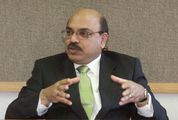
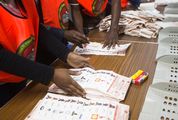
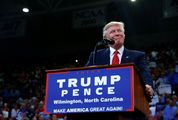
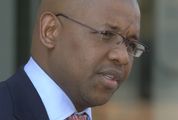




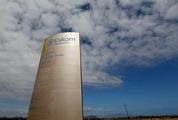
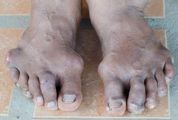
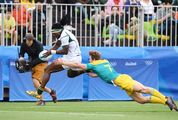
 News and views on the death, and life, of former president Nelson Mandela
News and views on the death, and life, of former president Nelson Mandela

